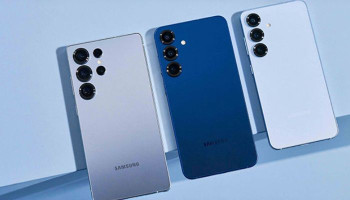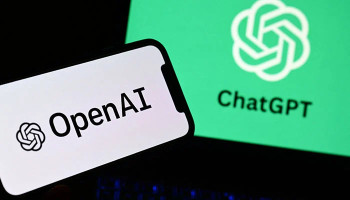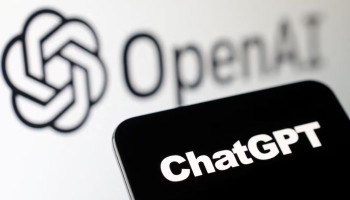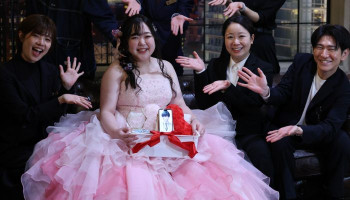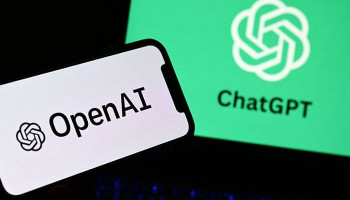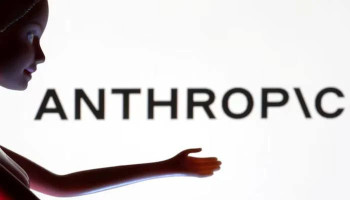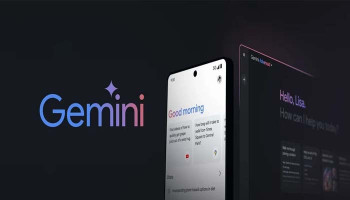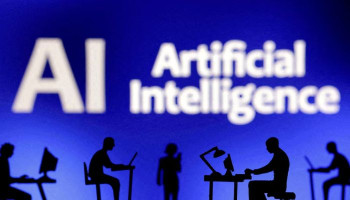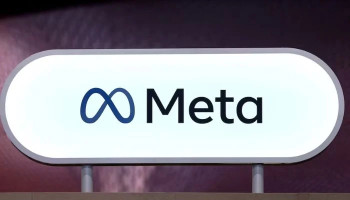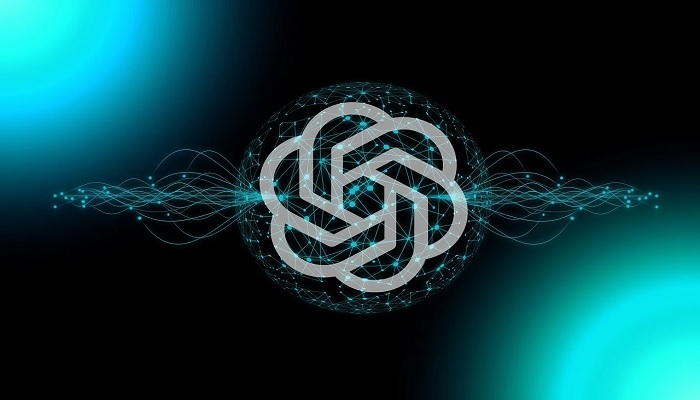
The US Patent and Trademark Office has dealt a setback to OpenAI by rejecting its bid to trademark "GPT," citing the term as "merely descriptive" and thus ineligible for registration. While this decision poses a challenge to OpenAI's branding efforts, it's unlikely to spark a flood of competitors rushing to develop their own versions of the widely-used chatbot.
ChatGPT stands as a prominent figure in the AI landscape, reigning as the most recognisable brand due to its widespread adoption as a conversational model. However, the USPTO's ruling denies OpenAI the ability to affix a "TM" to its name, highlighting that "GPT" fails to meet the criteria for trademark protection. This denial marks the culmination of a previous rejection in October, now finalised in bold "FINAL" letters.
According to the USPTO's rationale, the term "GPT" merely describes a key aspect of OpenAI's product — its function and characteristics. Despite OpenAI's argument that it popularised the acronym, referring to "generative pre-trained transformer," the patent office notes the term's usage across various contexts and by other entities, such as Amazon.
In essence, the denial underscores the contention that "GPT" serves as a generic descriptor rather than a distinctive identifier, similar to attempting to trademark "crunchy" for a cereal named Crunchy O's. Consequently, while OpenAI enjoys widespread recognition for its ChatGPT model, it cannot lay an exclusive claim to the GPT-related terminology.
Although this ruling may dilute OpenAI's hold on GPT-associated terms, the organisation still maintains a significant foothold as the pioneer in this domain. While legal protections may be constrained, OpenAI retains the advantage of being the first mover in the GPT space. As competitors potentially emerge with their own iterations, OpenAI may opt to reinforce its GPT branding, irrespective of trademark restrictions, to solidify its position as the trailblazer in the field.





